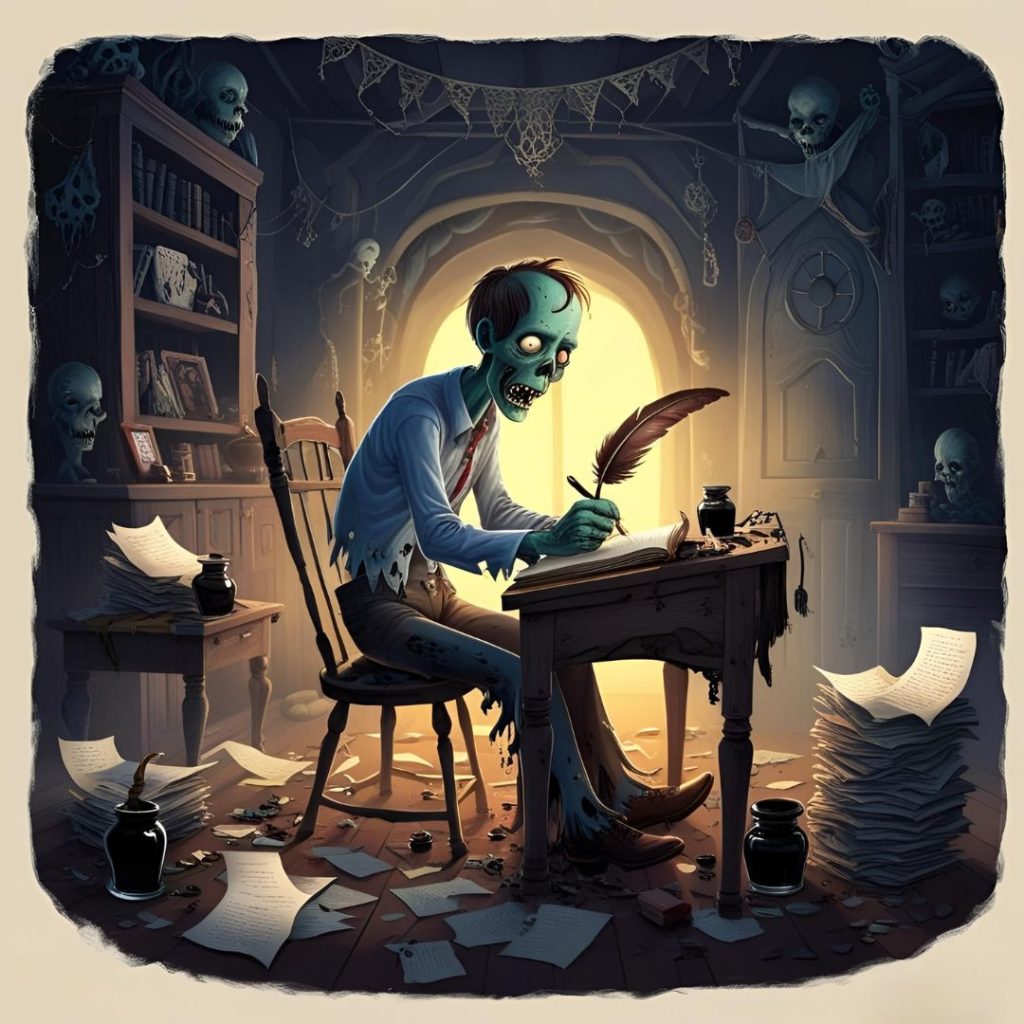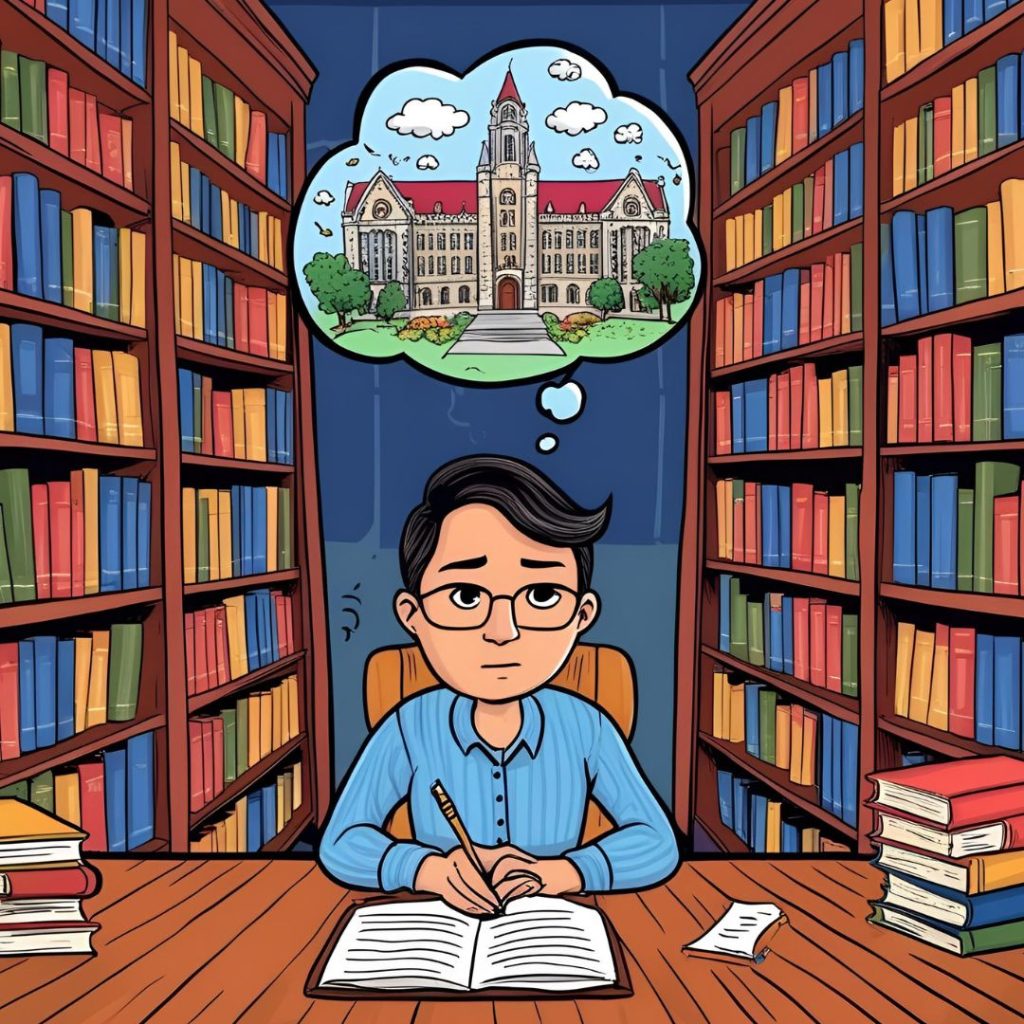Lydia Speas
Technology is taking over the world.
It feels like that sometimes, doesn’t it? With phones, laptops, and TV’s, the majority of our lives are viewed through a screen. You’ve probably noticed the gradual abandonment of the good old-fashioned paper book, and the rise in popularity of e-books and audiobooks, which are generally considered to be “more convenient.” I mean, you’re even reading this blog post through a screen, so you might ask what’s the big deal? The big deal is that there is something that is lost when we leave the physicality of paper books and switch over completely to digital books.

You might push back against this idea and say that there is no difference. Paper books, e-books, audiobooks…they’re all books right? However, you don’t have to take just my word for it. I’ll prove it to you by showing you the research that there is, in fact, a real difference. There are proven negative effects of reading solely from digital books. These effects include reduced levels of reading comprehension, as well as health effects such as disrupted sleep patterns, higher stress levels, and eye fatigue.
I am not suggesting that e-books and audiobooks should never be used again. I am suggesting, however, that convenience does not always mean better when it comes to reading. In the case of paper books versus digital books, I am convinced that prioritizing convenience by choosing digital texts can take away from the special experience of reading a paper book. But again, don’t take my word for it. Here are the facts…
The Research Facts
Most of the research regarding the comparison of paper books versus digital and audiobooks looks at the impacts on reading comprehension. Research shows that comprehension is around six to eight times greater with paper books rather than digital (Artushin “The Case for Paper: Books vs. E-Readers). You may have experienced this for yourself, when you zone out while listening to an audiobook and can’t fully remember what was being said. It can be more difficult for people who are not aural learners to understand everything that’s being said in an audiobook. Many enjoy listening to audiobooks for the ability to multitask while listening to a book. However, this can be a serious disadvantage. The temptation to do other work while reading divides people’s attention, keeping them from being able to absorb the content of the book fully (ReadMax “The Rise of Audiobooks: Pros and Cons of Listening vs. Reading”).
The lowered rates of reading comprehension from digital books have been scientifically proven to be caused by the lack of a physical, grounding element. This results in the brain being unable to comprehend and recall as much information from reading. Reading paper books has been proven to be more engaging for the mind by being able to physically keep track of where one is in the plot, which helps the reader retain more information. Reading a physical book provides a unique experience for the brain as it is completely immersive. Researchers have found that physically turning pages creates a type of map in the brain visualizing what was read on a particular page, allowing the mind to better retain information (Artushin “The Case for Paper: Books vs. E-Readers).
The declined rates of reading comprehension for people who read solely from e-books and audio books have also been attributed to the distractions that inevitably come with technology. Technological distraction in digital reading is shown in the form of Internet links, ads, and social media. These unnecessary distractions inhibit the reading and learning process as the mind is not fully engaged while reading. This again begs the question of whether the convenience of audiobooks and e-books is really the best way to go when it comes to reading.
The Health Facts
I know that was a lot of information, but the facts don’t stop there. This probably isn’t what you want to hear, especially if you’re one who is a solely e-book or audiobook reader, but there are a lot of proven negative impacts on the health of those who only read digital books. But as I said, I’m here to show you the facts, and maybe you’ve experienced some of these effects yourself…
Scientifically it has been shown that the light emitted from the screens, also known as the dreaded “blue light,” while reading e-books, disrupts sleep patterns by sending signals to the brain to remain awake, causing sleep deficiency. Ever wonder why it’s so hard to fall asleep after staring at your screen for hours? And yet, somehow, it’s all too easy to drift off when you finally decide to read a book before bed? The “blue light” is why.

Not only can e-books affect one’s sleep, but it has also been linked to higher stress levels. The constant scrolling one does while reading an e-book doesn’t allow the brain to rest, which doesn’t allow the body to truly relax, and overall encourages broken focus and short attention spans. As a result, long hours of screen time have been linked to not only stress, but depression in some people (Medical Daily “E-Books Are Damaging Your Health”).
One more health fact to throw at you is the issue of eye fatigue, which has also been counted as another negative factor from e-books specifically from staring at screens. To again quote the article “The Rise of Audiobooks: Pros and Cons of Listening vs. Reading” by ReadMax, “Reading for long periods can lead to eye strain, especially when using digital devices. Prolonged screen time can cause discomfort, headaches, and even long-term vision problems. While e-readers like the Kindle have been designed to reduce eye strain, they still cannot replicate the ease on the eyes that physical books provide.” This is one that I can personally attest to, as I’m sure many of you “doom scrollers” out there can as well.
Conclusion
So, there you have it – the facts. It is my hope that after reading this you clearly see the benefits of using traditional paper books over e-books and audiobooks. Although convenient, there is definitely something lost when we leave paper for technology. The satisfaction of holding a story in your hands, the anticipation of flipping to the next page to find out what happens next; all of this is lost in e-books and audiobooks, which lack physical connection and negatively affect reading comprehension and even health.
In light of this, let’s break the cycle of our technology-ridden world, and at least in the world of reading, keep it old-school and pick up a paper book.
References
Artushin, Heather. “The Case for Paper: Books vs. E-Readers.” Psychology Today. 2 February 2024, The Case for Paper: Books vs. E-Readers | Psychology Today
“E-Books Are Damaging Your Health: Why We Should All Start Reading Paper Books Again.” Medical Daily. 11 January 2015, E-Books Are Damaging Your Health: Why We Should All Start Reading Paper Books Again














